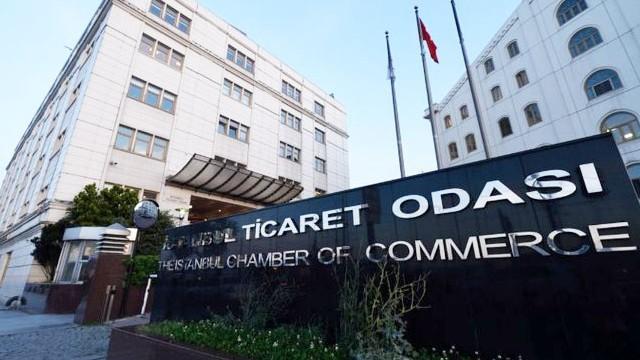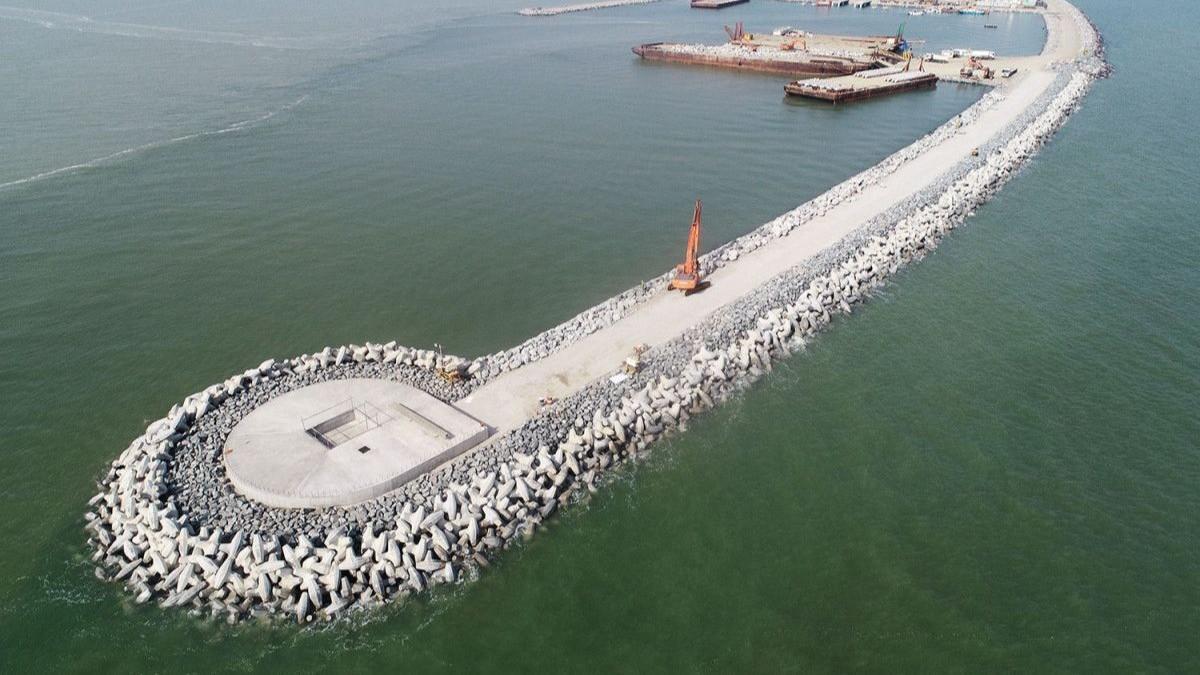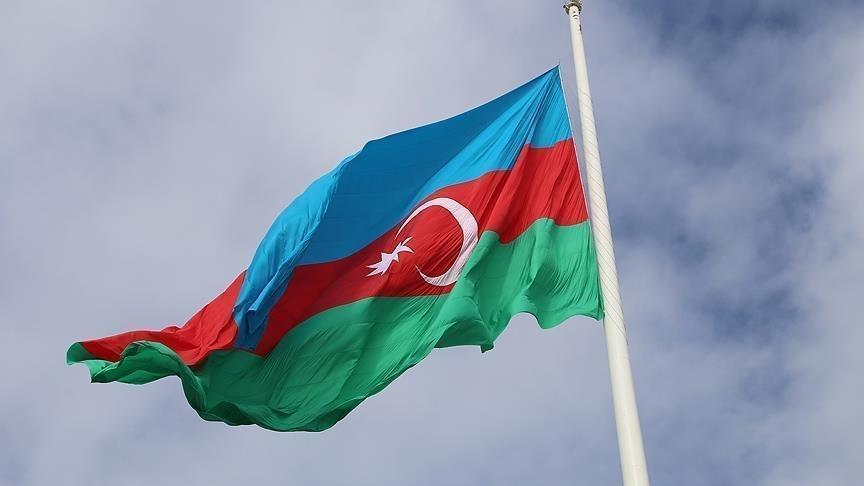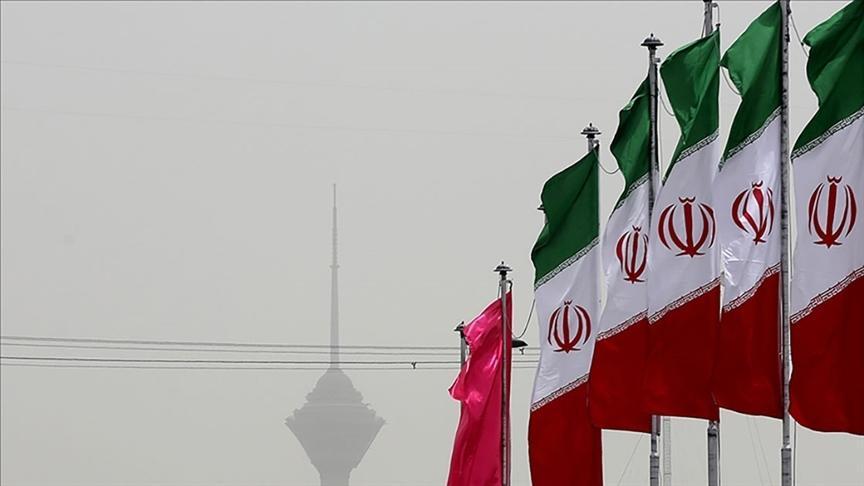The Iraqi Kurdistan Region's role in defeating ISIL
Hemin Hawrami*
Since the fall of 2014, the international community has been implementing strategic military operations to defeat the Islamic State of Iraq and the Levant (ISIL). While the anti-ISIL coalition is carrying out military airstrikes in Iraq and Syria, Kurdish peshmerga forces are fighting ISIL on the ground, in the Iraqi Kurdistan Region and other parts of Iraq. With unified efforts and collaboration between international players, the anti-ISIL coalition has managed to diminish this deadly terrorist group. In addition to military strategy, to destroy this terrorist group, there needs to be a collective response – specifically, an international, comprehensive, collective strategy that fully supports the peshmerga forces. It is not just the military capabilities of ISIL that should concern the international community. It is the unparalleled financial revenues funding terrorism in the Middle East and elsewhere in the world. An even more terrifying fact is that there has been underground recruitment to bring young people into this barbaric terrorist group.The rise of ISIL is due to many factors, including the failed attempt to impose a unified Iraq upon the region, failures in Prime Minister Nouri al-Maliki’s governance and a lack of trust and cooperation among the different groups in Iraq.
Before the fall of Mosul in December 2013, Kurdish officials alerted the Iraqi Federal Government in Baghdad about an imminent threat from ISIL and offered support by sending its peshmerga forces to defend the area. Unfortunately, our warnings fell on deaf ears. Six months later, on 9 June, 2014, Mosul fell to the hands of ISIL militants. In the hours following the Mosul attack, five Iraqi Military Divisions and one Federal Police Division completely melted away and tens of thousands of troops abandoned their posts and heavy weapons to ISIL. In a matter of hours, ISIL evolved from a ruthless terrorist organization to an unprecedented terrorist state.
After the fall of Mosul, hundreds of thousands of families fled to the Kurdistan Region, creating a humanitarian crisis and a burden because of limited resources. We are providing refuge to more than 1.5 million refugees and Internally Displaced Persons (IDPs), which are now 20 percent of the Kurdistan Region’s population. The costs of an ongoing war, coupled with the refugees and IDPs – including Christians, Yazidis, Kurds, and Arabs – are straining our ability to care for these people. We provide hospitality without any significant financial or in-kind support from the Iraqi Federal Government. More importantly, the Iraqi Federal Government continues to pressure Western countries that are sending humanitarian aid, ammunition, and light-to-medium arms to go through Baghdad for inspections before reaching the Kurdistan Region, thus delaying shipments. These delays are costing lives on the frontline and endangering those in need of food, water and shelter.
During the past few months, ISIL has seized territory in northern Iraq, western Iraq, and eastern Syria. Coalition partners are also committed to eliminating the threat posed by ISIL, but to do so, three elements must be addressed: the incorporation of Sunnis into the coalition against ISIL; stronger efforts and willingness by the Iraqi Army to take an active role in this war; and the international coalition’s willingness to fully support the peshmerga, both strategically and militarily. Any international response must include the peshmerga because they have been the only force to successfully defeat ISIL on the battlefield and have re-taken 17,000 square kilometers of territory.
The bottom line is that the peshmerga forces cannot fight this battle alone and with limited weapons. We stand ready to do our part in degrading and defeating ISIL in the region as well as contributing to the stability of Iraq, Syria and the broader Middle East. Over and over again, the Kurdistan Region has proven its loyalty to its friends, allies in the region and the international community, but thus far our call for necessary arms to defeat ISIL has been ignored. It is time to listen the Iraqi Kurdish administration, to assist and act accordingly for the sake of regional peace as well as international peace and security.
*Hemin Hawrami is the head of the Foreign Relations Office, Kurdistan Democratic Party, Kurdistan Region, Iraq. This is an abridged version of the original article published in Turkish Policy Quarterly's (TPQ) Spring 2015 issue.











